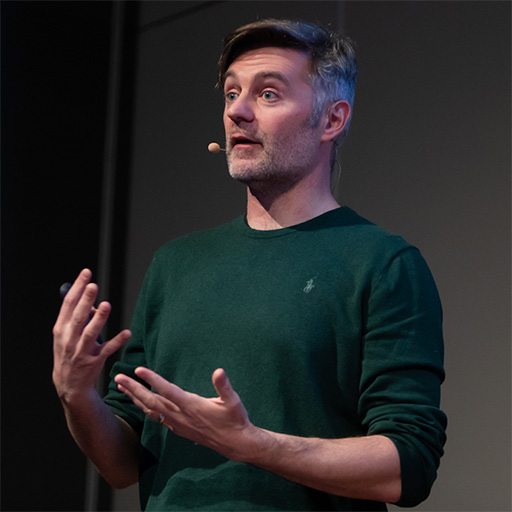Architectural Decisions with the Advice Process
The architectural advice process is a powerful tool to unlock the design potential of everyone in your software teams. This deep-dive session will introduce it, explaining why it is ideally suited to today’s approaches to software delivery before giving you hands on experience of how it works.
In this deep dive you'll learn how architectural decisions work, and how collectives are best placed to make the best architectural decisions possible, maximizing their autonomy and ability to flow.
You’ll see how the Advice Process works firsthand, witnessing the benefits of seeking advice firsthand. You'll see how it can help you maintain overall alignment and cohesion in the systems you build, and you'll also learn to embrace uncertainty while moving quickly and nimbly beyond setbacks.
Using many examples and group discussions, leave with a solid understanding of this important approach, allowing you to start using it as soon as you’re back at work.
Target Audience: Architects and Lead Developers
Prerequisites: Experience working with software architectures
Level: Advanced
Tech Principal and Author
Andrew Bruce Harmel-Law is a highly enthusiastic, self-starting and responsible Tech Principal and Author. Andrew specialises in Java / JVM technologies, agile delivery, and architecture with a specific focus on domain-driven design.
Experienced across the software development lifecycle and in many sectors including government, banking, and eCommerce, what motivates him is the production of large-scale software solutions, fulfilling complex client requirements. He understands that people, tooling, architecture and process all have key roles to play in achieving this.
Andrew has a passion for open source software and its communities. He has been interested in and involved with OSS to a greater or lesser extent since his career began; as a user, contributor, expert group member, or paid advocate.
Finally, Andrew enjoys sharing his experience as much as possible. This sharing is not only seen in his formal consulting engagements, but also informally through mentoring, blog posts, conferences (speaking and organising), and open sourcing his code.


